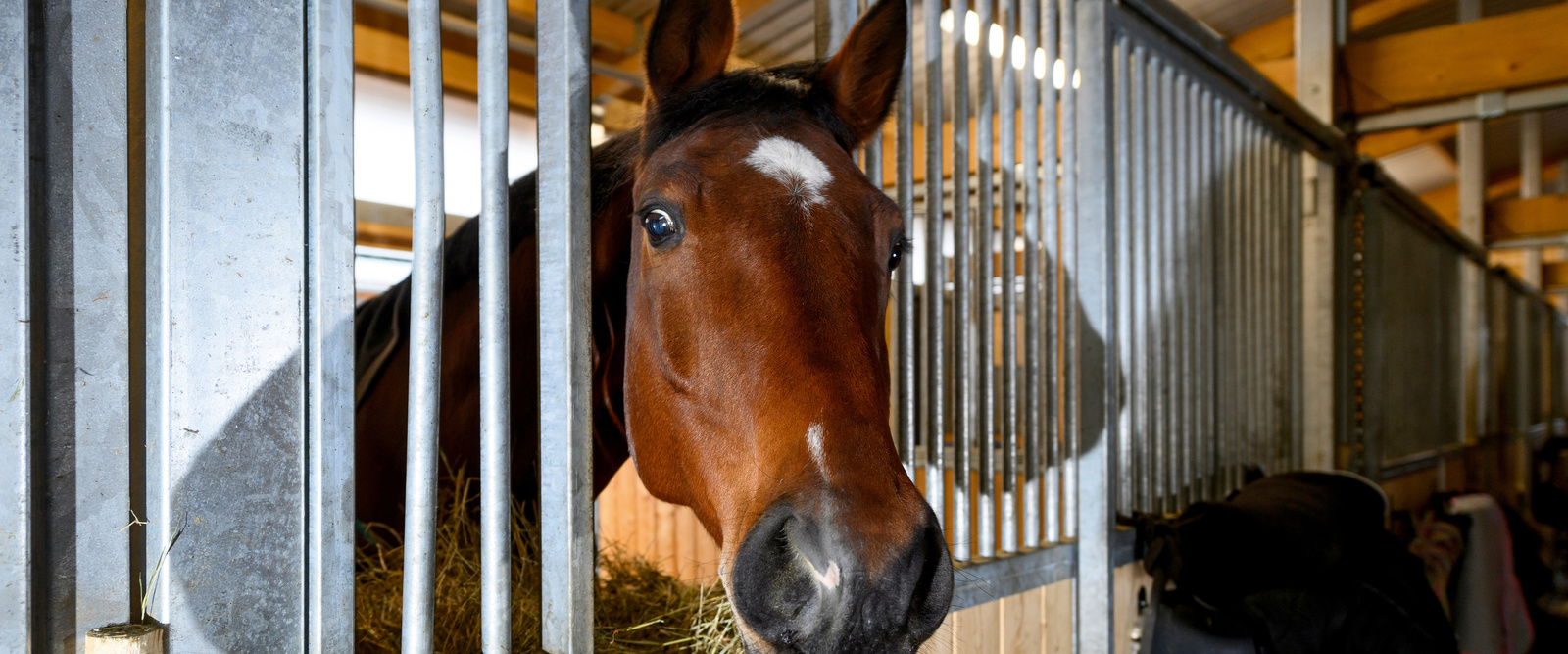Cleaning in horse housing
Regular cleaning in horse keeping promotes the well-being and health of all horses on the farm. The cleaner the horse stable, paddock, tack room and all other areas of the yard are, the less suitable they are as a habitat for viruses, bacteria and parasites. Good hygiene in transporters and when storing feed also plays an important role in preventing the transmission of pathogens.

Animal health in focus
The cleaning and disinfection of the entire horse farm, including the stable, are important tasks in horse husbandry. This destroys the livelihood of pathogens, diseases are prevented and the general well-being of the horses is increased. Regular cleaning of horse transporters also contributes to the health of the animals. Because cleanliness and hygiene when transporting the horses ensure that the transmission of pathogens is prevented.
Pathogens can also get to the animals through the feed. Hygienically flawless feed is therefore more than ever the basis for successful horse husbandry. Cleanliness ensures that animal health is not endangered by rodents, other pests, mold or mycotoxins. Dust and dirt must therefore be removed from the silos on a regular basis.
Around the horse farm
Agricultural machines and implements such as tractors are also often used on a horse farm. Since they often represent a high investment for the company, regular cleaning, which contributes to the preservation of function and value, is all the more important. This avoids costs for breakdowns and repairs and increases the operational readiness of the machines.
In addition, there are often photovoltaic systems on stables or warehouses. Anyone who has already invested in a high-pressure cleaner for cleaning work in the yard can also efficiently clean the photovoltaic systems with the appropriate accessories. If they are not regularly cleared of the marks left by weather and air pollution, the electricity yield can drop by up to 30 percent.









